The conference was held over two days (June 14-15) in both in-person and online formats nationwide, with nearly 11,000 points of contact, with the participation of 1.5 million delegates.
Reporting at the Conference, Minister of Industry and Trade Nguyen Hong Dien said that on June 12, 2025, the Prime Minister signed and issued Decree No. 139/2025/ND-CP on regulations on the decentralization of authority of local authorities according to the 2-level local government organization model in the field of state management of the Ministry of Industry and Trade and Decree No. 146/2025/ND-CP on decentralization in the field of industry and trade.
Specifically, regarding Decree No. 139/2025/ND-CP on regulations on the division of authority of local governments according to the 2-level local government organization model in the field of state management of the Ministry of Industry and Trade, the Minister said that the Decree consists of 4 Chapters and 22 Articles regulating the division of tasks and powers of local governments according to the 2-level local government organization model in the field of state management of the Ministry of Industry and Trade and the order and procedures for performing tasks and powers of local governments (provincial and communal levels), in which, the re-division of authority from the district level to the commune level is 37 tasks and from the district level to the provincial level is 7 tasks.
Regarding the specific content of authority division, Minister Nguyen Hong Dien informed:
Firstly, in the field of consumer rights protection : The Decree has assigned the authority and responsibility of the District People's Committee to the Commune People's Committee to perform 06 tasks prescribed in Article 77 of the Law on Consumer Rights Protection 2023).
Second, in the electricity sector : Assigning authority and responsibility from the district-level People's Committee to the commune-level People's Committee to perform 04 tasks on dam and reservoir safety management for the protection of electricity works (as stipulated in Decree 114/2018/ND-CP dated September 4, 2018 of the Government on dam and reservoir safety management and Decree No. 62/2025/ND-CP dated March 4, 2025 detailing the implementation of the Electricity Law). At the same time, the Decree has assigned authority from the district-level People's Committee to the provincial-level People's Committee to perform the remaining tasks stipulated in Decree No. 62 dated March 4, 2025 of the Government detailing the implementation of the Electricity Law on the protection of electricity works and safety in the electricity sector.
Third, in the field of consumer industry : Assign authority and responsibility to the People's Committee at district level for the People's Committee at commune level to perform 02 tasks prescribed in Decree 67/2013/ND-CP dated June 27, 2013 of the Government on tobacco business (amended by Decree 106/2017/ND-CP, Decree 08/2018/ND-CP and Decree 17/2020/ND-CP).
Fourth, in the field of industrial cluster management and development : Assign authority and responsibility to the District People's Committee for the Commune People's Committee to perform 14 tasks prescribed in Decree No. 32/2024/ND-CP dated March 15, 2024 of the Government on industrial cluster management and development.
Fifth, in the field of alcohol business : Demarcate the authority and responsibility of the District People's Committee to the Commune People's Committee to perform 6 tasks prescribed in Decree No. 105/2017/ND-CP dated September 14, 2017 of the Government on alcohol business (amended and supplemented by Decree No. 17/2020/ND-CP. Along with that, the authority from the District People's Committee to the Provincial People's Committee to perform the task of receiving reports on the situation of craft alcohol production sold to establishments with a License to produce alcohol for reprocessing in the commune (stipulated in Article 20 of Decree No. 105 dated September 14, 2017 of the Government on alcohol business)
Sixth, in the field of chemicals : Assign authority and responsibility to the People's Committee at the district level for the People's Committee at the commune level to perform 01 task of appraising and approving the Chemical Incident Prevention and Response Plan (stipulated in Article 20 of Decree No. 113/2017/ND-CP dated October 9, 2017 of the Government detailing and guiding the implementation of a number of articles of the Law on Chemicals).
Seventh, in the field of gas business : Assign authority and responsibility of the District People's Committee to the Commune People's Committee to perform 02 tasks prescribed in Decree No. 87/2018/ND-CP dated June 15, 2018 of the Government on gas business (amended and supplemented by Decree No. 17/2020/ND-CP dated February 5, 2020 and Decree No. 85/2024/ND-CP dated July 10, 2024).
Eighth, in the field of market management : Assign authority and responsibility to the District People's Committee for the Commune People's Committee to perform 2 tasks prescribed in Decree No. 60/2024/ND-CP dated June 5, 2024 of the Government on market management.
Regarding Decree No. 146/2025/ND-CP dated June 12, 2025 of the Government regulating decentralization and delegation in the field of industry and trade, this Decree consists of 25 Chapters and 61 Articles regulating decentralization and delegation in 22 fields of the Industry and Trade sector, in which: The Central Government decentralizes and delegates to the Provincial People's Committees to perform 208/401 tasks (accounting for 52%) of the total number of tasks and powers that can be decentralized and delegated (including: 26 tasks from the Government, the Prime Minister decentralizes to provincial localities and 182 tasks from Central Ministries, branches and the Ministry of Industry and Trade decentralizes to localities). The Government, the Prime Minister decentralizes and delegates to the Ministry of Industry and Trade, the Minister of Industry and Trade performs 72 tasks. The total number of decentralized and simplified administrative procedures in the Decree on decentralization and delegation is 150/486 administrative procedures, reaching a rate of 30.8% (of which: 119 administrative procedures are decentralized to localities, reaching a rate of 24.5%; 31 administrative procedures are simplified in terms of dossier components and processing time, reaching a rate of 6.3%).
Regarding the contents of decentralization and delegation of authority to the industrial and commercial sectors, the Minister provided specific information:
In the industrial sector, the Decree has decentralized and delegated power from the Central Government to the Provincial People's Committees to perform tasks and powers in 8 areas:
Firstly, the chemical sector has 36 tasks and powers that are decentralized and delegated. Of which, the Prime Minister has delegated and delegated 01 task and power to the Provincial People's Committee to handle toxic chemical residues of war (stipulated in the 2007 Chemical Law); the Ministry of Industry and Trade has delegated and delegated 35 tasks and powers to the Provincial People's Committee.
Second, regarding industrial explosives and explosive precursors, there are 06 tasks and powers decentralized from the Ministry of Industry and Trade to the Provincial People's Committees.
Third, the field of electrical safety has 03 tasks and powers decentralized from the Ministry of Industry and Trade to the Provincial People's Committees, including: Appraising, approving, and approving adjustments to protection plans for dams, hydroelectric reservoirs of special importance and dams, hydroelectric reservoirs built in 02 or more provinces (stipulated in the Electricity Law 2024 and Decree No. 62 dated March 4, 2025 of the Government).
Fourthly, regarding occupational safety and hygiene, there are 02 tasks and powers delegated from the Ministry of Industry and Trade to the Provincial People's Committee, including: Issuing and re-issuing inspector certificates under the management authority of the Ministry of Industry and Trade (stipulated in Decree No. 44 dated May 15, 2016 of the Government).
Fifth, regarding food safety, there are 08 tasks and powers (stipulated in Decree No. 15/2018/ND-CP of the Government) decentralized from the Ministry of Industry and Trade to the Provincial People's Committee.
Sixth, regarding product quality, there are 08 tasks and powers decentralized from the Ministry of Industry and Trade to the Provincial People's Committees.
Seventh, regarding electricity, there are 19 tasks and powers decentralized from the Ministry of Industry and Trade to the Provincial People's Committees.
Eighth, regarding supporting industry, there is 01 task and authority (stipulated in Decree No. 111/2015/ND-CP of the Government) decentralized from the Ministry of Industry and Trade to the Provincial People's Committee.
In the Trade sector, the Decree has decentralized and delegated power from the Central Government to the Provincial People's Committees to perform 125 tasks and powers in 9 areas:
Firstly, regarding trade promotion, there are 02 tasks and powers stipulated in the Law on Commerce and Decree No. 81/2018/ND-CP of the Government that are decentralized from the Ministry of Industry and Trade to the Provincial People's Committees.
Second, regarding gas trading, there are 12 tasks and powers stipulated in Decree No. 87/2018/ND-CP of the Government on gas trading decentralized from the Ministry of Industry and Trade to the Provincial People's Committees.
Third, regarding tobacco and alcohol trading, there are 31 tasks and powers (stipulated in Decree No. 67/2013/ND-CP and Decree No. 105/2017/ND-CP) decentralized from the Ministry of Industry and Trade to the Provincial People's Committees for implementation.
Fourthly, regarding market management, there is 01 task and authority stipulated in Decree No. 60/2024/ND-CP of the Government which is decentralized from the Ministry of Industry and Trade to the Provincial People's Committee: Organizing professional training on market development and management.
Fifth, regarding import, export and border trade, there are 51 tasks and powers stipulated in the Law on Foreign Trade Management and its implementing guidelines that are decentralized and delegated.
Sixth, regarding the trading of goods and activities directly related to the trading of goods by foreign investors, economic organizations with foreign investment capital in Vietnam and representative offices and branches of foreign traders, there are 10 tasks and powers delegated from the Ministry of Industry and Trade to the Provincial People's Committees.
Seventh, regarding consumer rights protection and multi-level marketing in the Law on Consumer Rights Protection and detailed regulations, there are 19 tasks and powers that are decentralized and delegated.
Eighth, regarding e-commerce, there are 05 tasks and powers (stipulated in Decree No. 52/2013/ND-CP on e-commerce) decentralized from the Ministry of Industry and Trade to the Provincial People's Committee.
Ninth, regarding the use of energy economically and efficiently, there are 03 tasks and powers decentralized from the Prime Minister to the Provincial People's Committees.
Minister Nguyen Hong Dien added that these Decrees take effect from July 1, 2025 to March 1, 2027 (except for the following cases: (1) Ministries and ministerial-level agencies report to the Government for proposal and the National Assembly decides to extend the application period of all or part of this Decree; (2) Laws, resolutions of the National Assembly, ordinances, resolutions of the National Assembly Standing Committee, decrees, resolutions of the Government, decisions of the Prime Minister with provisions on the authority, responsibility for state management, order and procedures prescribed in this Decree are adopted or promulgated from July 1, 2025 and take effect before March 1, 2027, then the corresponding provisions in this Decree cease to be effective at the time such legal documents take effect).
The Minister affirmed that decentralization, delegation and clear determination of authority are not only techniques in state administration, but also a vivid manifestation of the spirit of reform and democratization in national governance. At the same time, he said that this is also a key factor in transforming the model from "management" to "service", contributing to improving the operational efficiency of administrative apparatus at all levels, serving people and businesses better and better. All decentralization, delegation and determination of authority are only truly effective when accompanied by necessary conditions, specifically: (1) A complete, clear and transparent legal framework; (2) A specific and substantive inspection, monitoring and evaluation mechanism; (3) Ensuring resources (both financial and human resources) for the assigned level; (4) Strengthening the application of information technology and promoting digital transformation to improve transparency, minimize risks and increase the management and operation efficiency of competent authorities.
In that spirit, the Minister said that in order for the work of decentralization, delegation and assignment of authority to achieve substantive and optimal results in the coming time, the Ministry of Industry and Trade will continue to focus on implementing the following key tasks and solutions:
Firstly, focus on reviewing, amending and supplementing circulars and internal regulations to increase decentralization and delegation of authority to localities in the management field of the Industry. Accordingly, on June 14, 2025, the Ministry of Industry and Trade issued Circular No. 37/2025/TT-BCT providing specific guidance on the functions, tasks and powers of specialized agencies of the People's Committees at the provincial and communal levels, ensuring their effectiveness with the Government's Decrees as well as reflecting the spirit of "locality decides, locality does, locality is responsible".
Second, promote training, fostering, and capacity building for officials, civil servants, and public employees of the Industry and Trade sector locally, ensuring their ability to perform assigned tasks.
Third, actively coordinate with central ministries, branches and relevant localities to ensure that decentralization comes with specific legal responsibilities; at the same time, the Ministry will proactively grasp and synthesize local proposals and recommendations to study, amend and adjust (or advise competent authorities to adjust) mechanisms and policies to suit the specific conditions of each region, area and locality.
The Commander of the Industry and Trade sector affirmed that, with the role and responsibility of a Government member organizing the implementation of state management in the field of industry and trade, the Ministry of Industry and Trade commits to proactively coordinate with relevant ministries and branches to continue to accompany, support, and create the most favorable conditions for local authorities (at both provincial and communal levels) to maximize their role, capacity, and initiatives, effectively serving people and businesses.
Source: https://moit.gov.vn/tin-tuc/hoat-dong/bo-truong-nguyen-hong-dien-bao-cao-ve-viec-xay-dung-cac-nghi-dinh-phan-quyen-phan-cap-va-phan-dinh-tham-quyen-theo-mo-hi.html


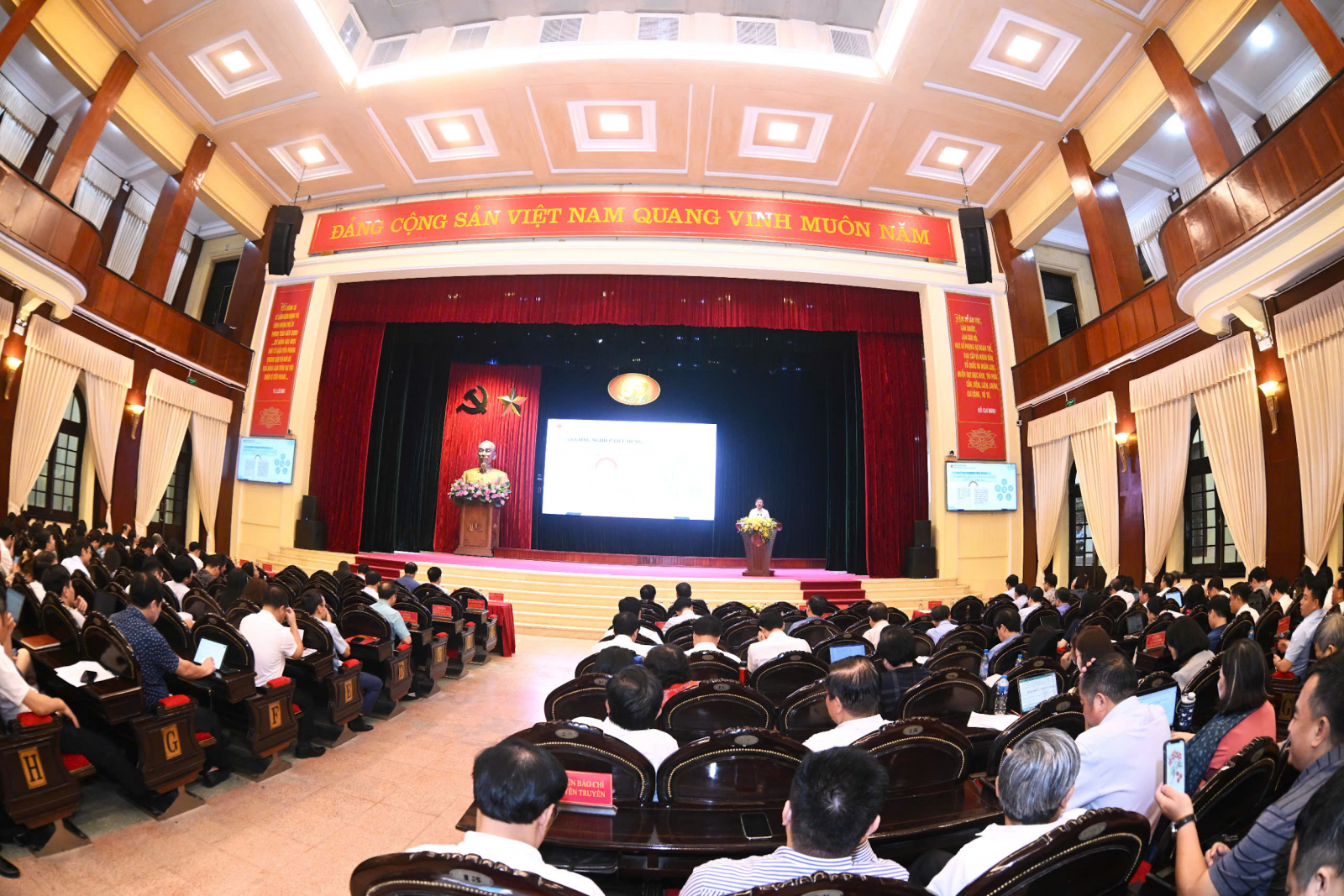
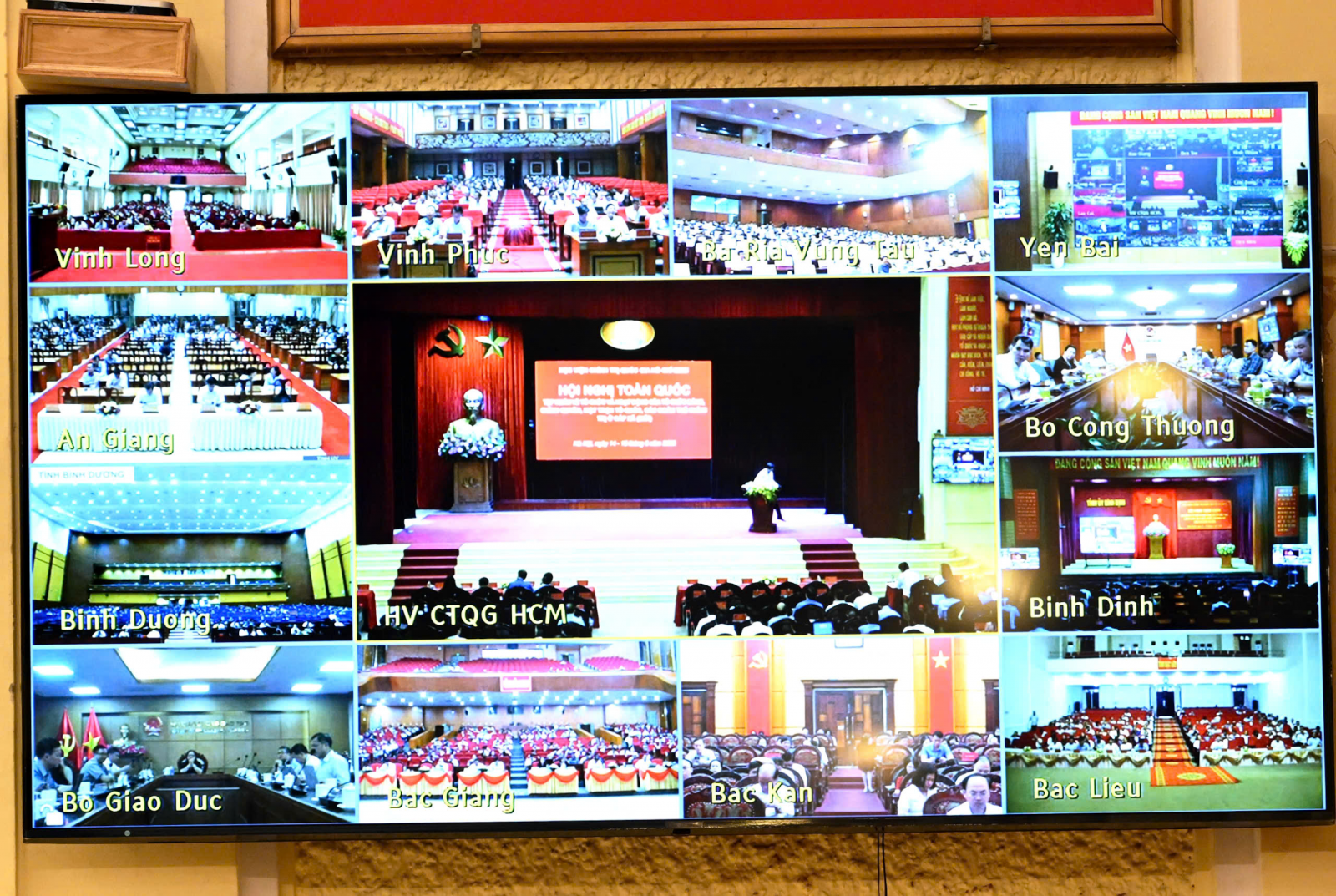
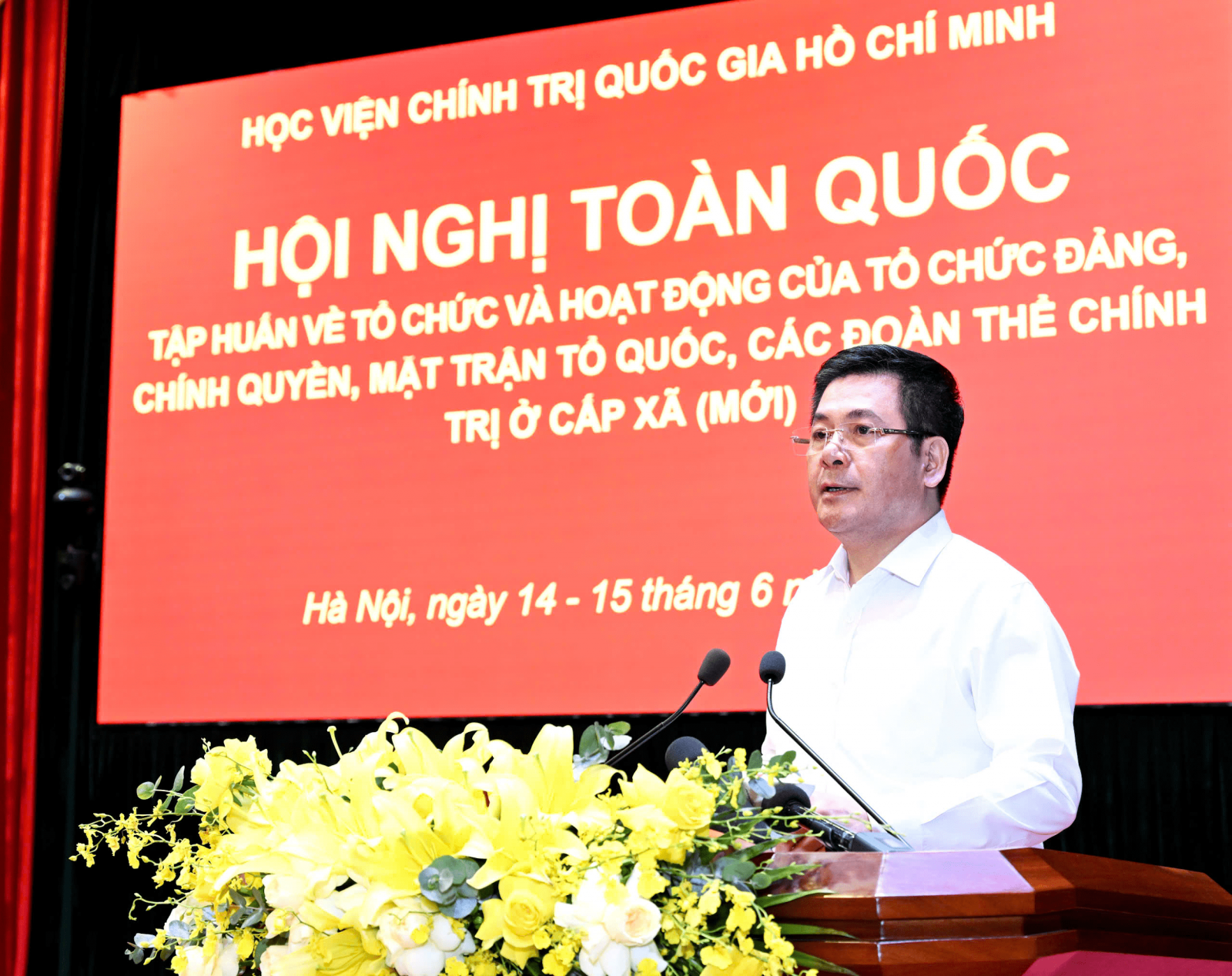
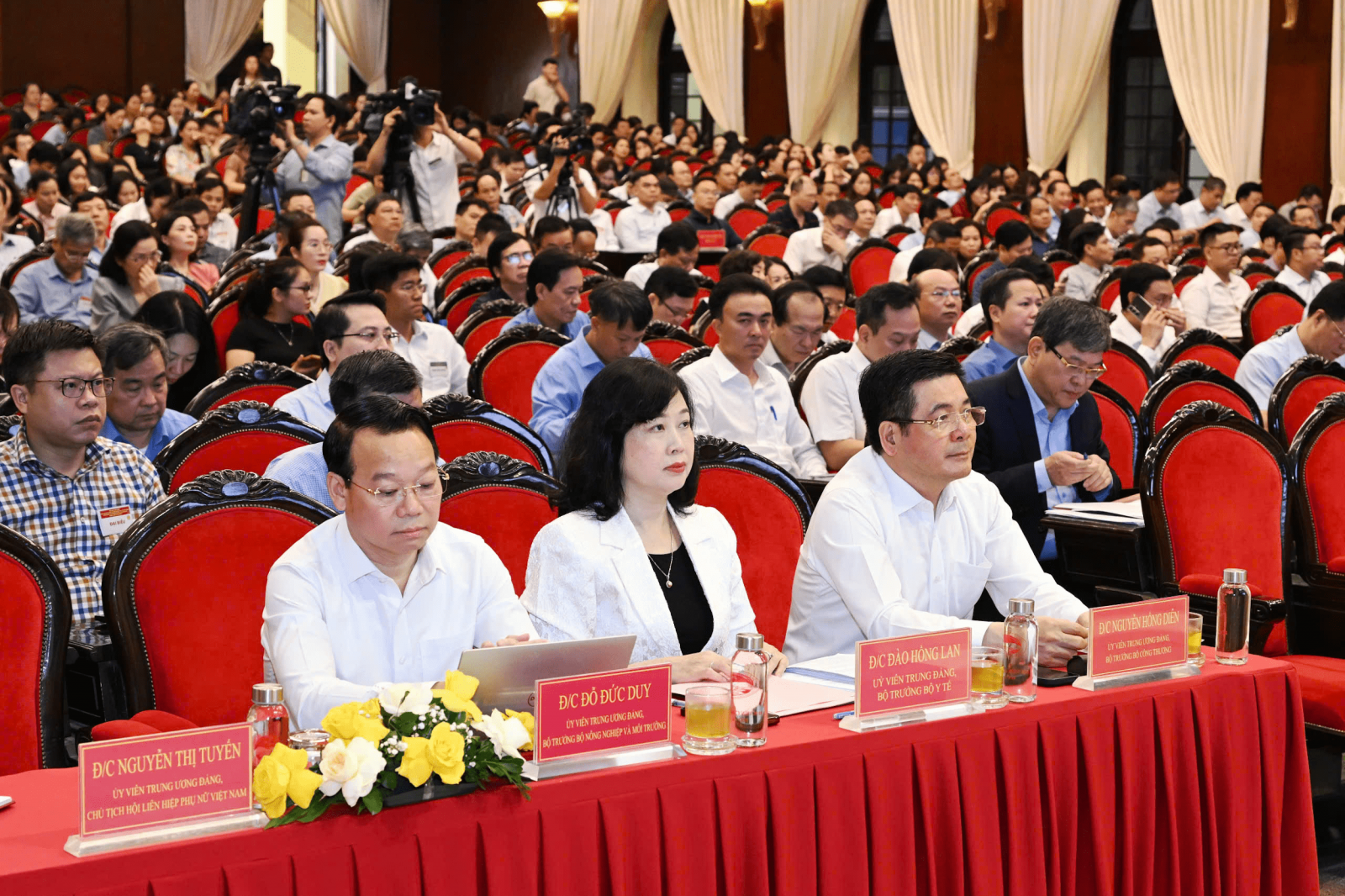
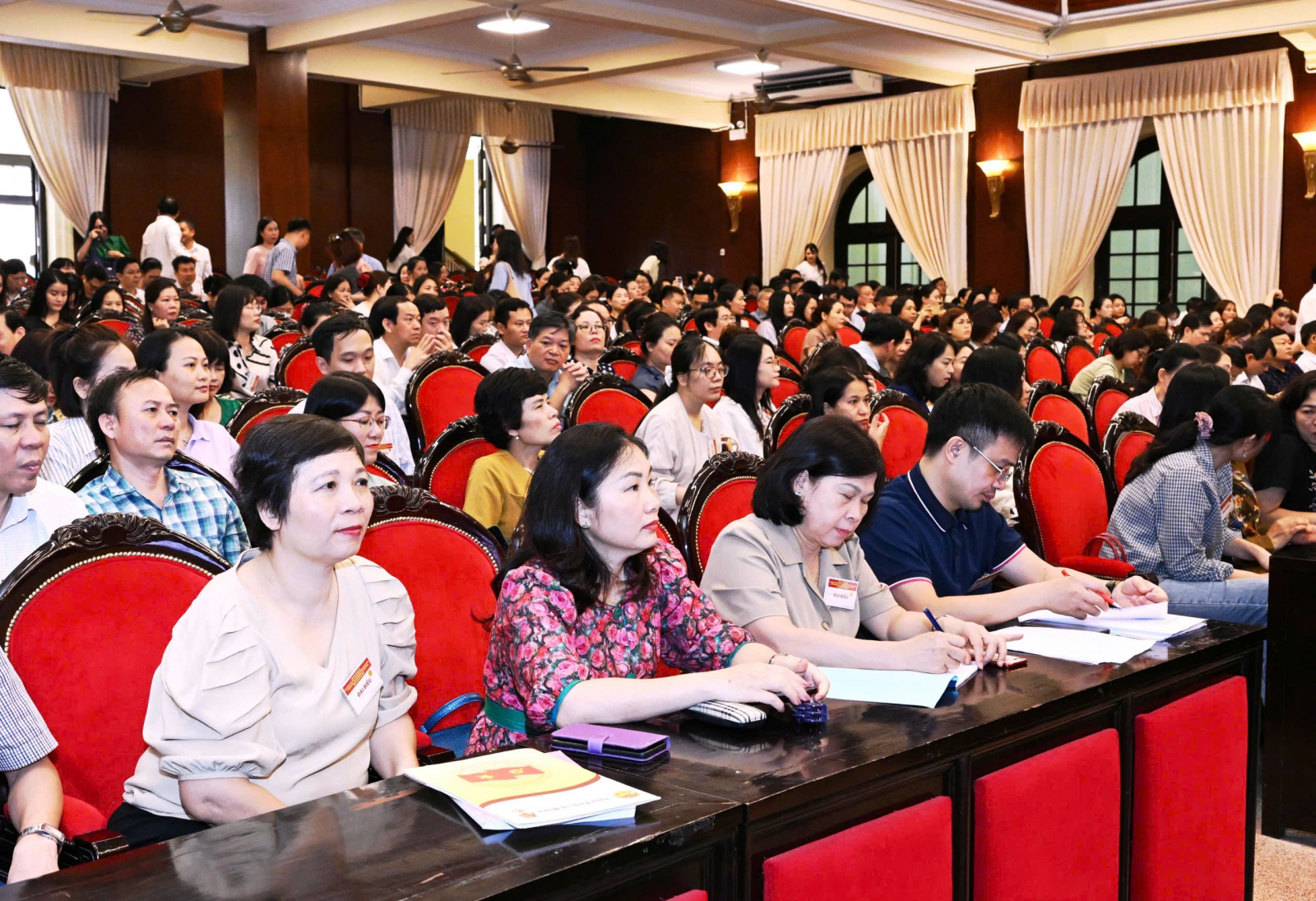







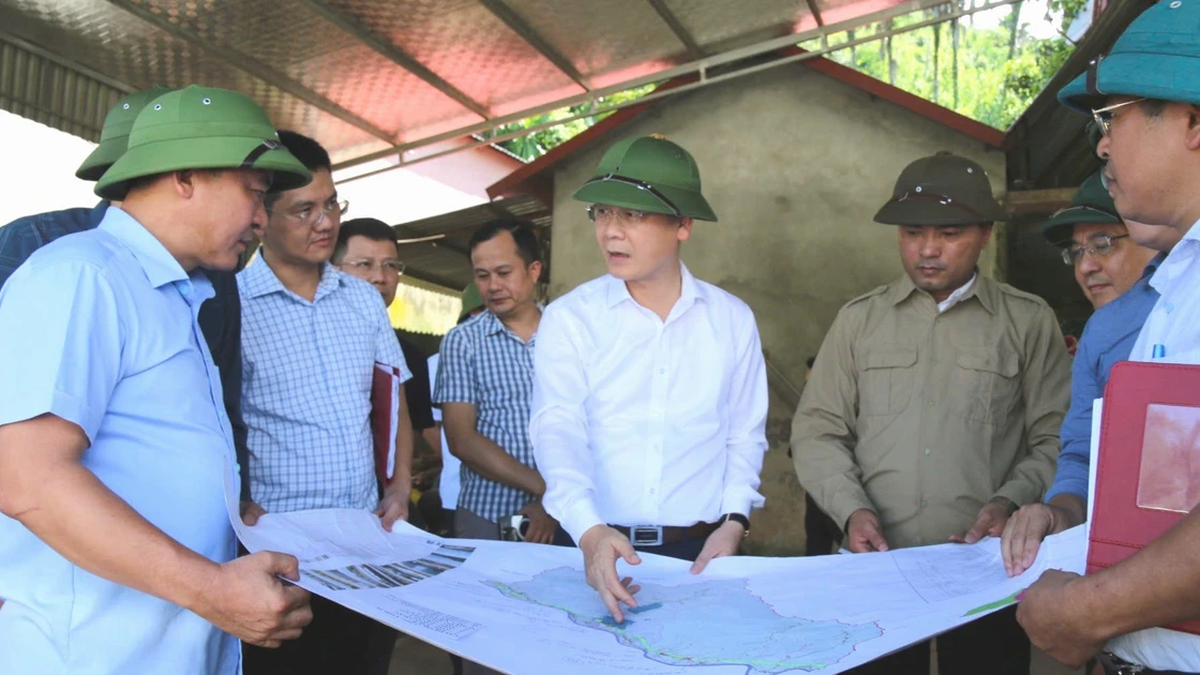





































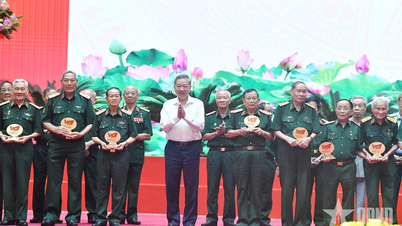










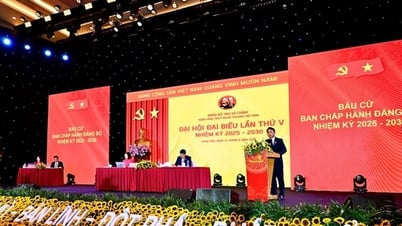










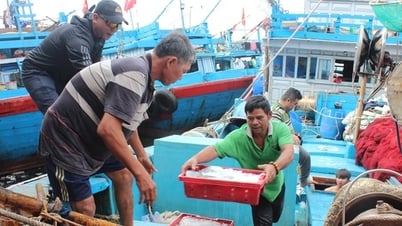




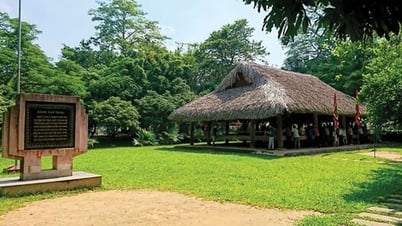
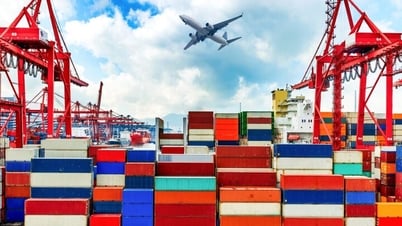
























Comment (0)